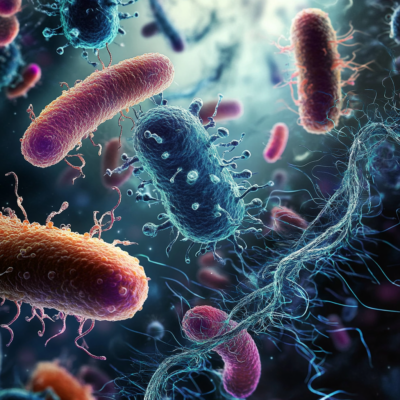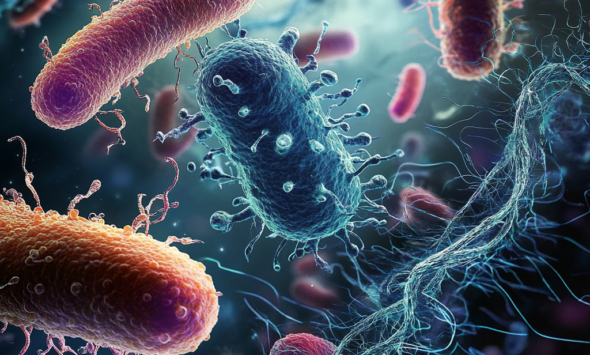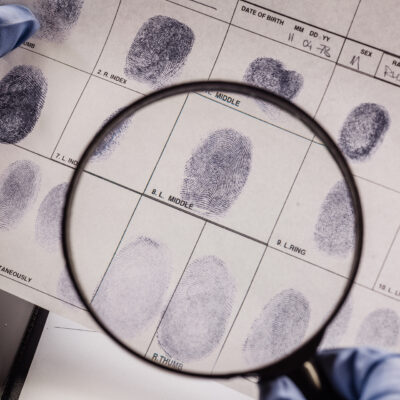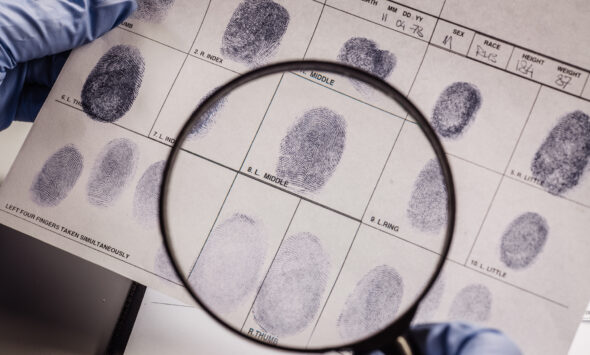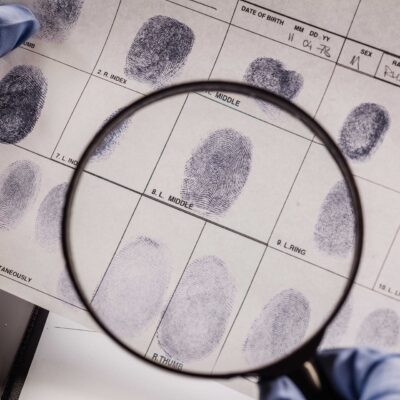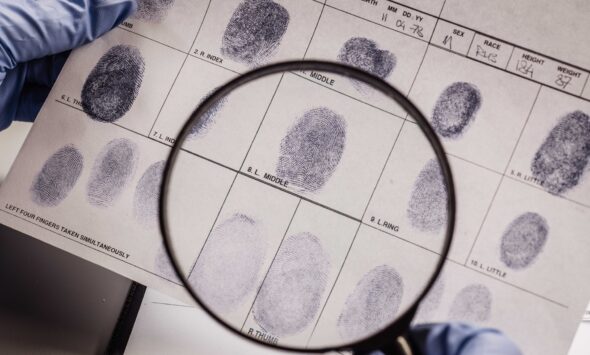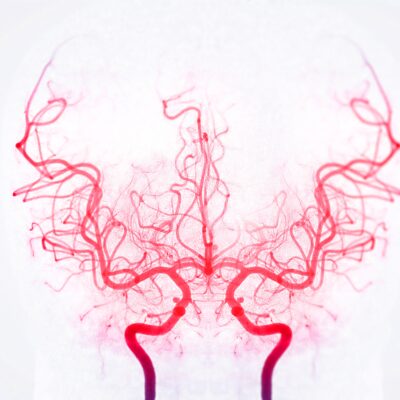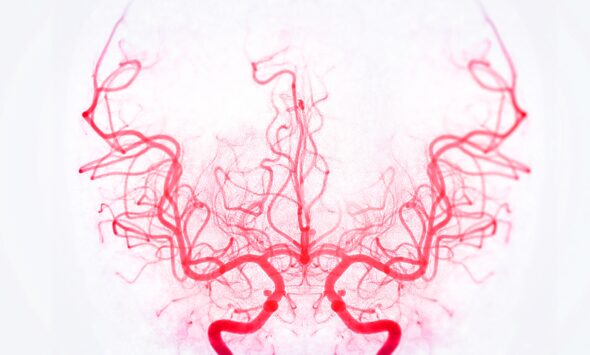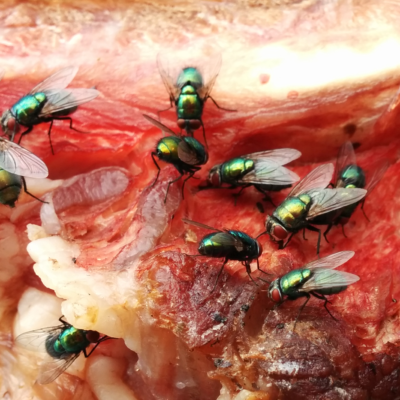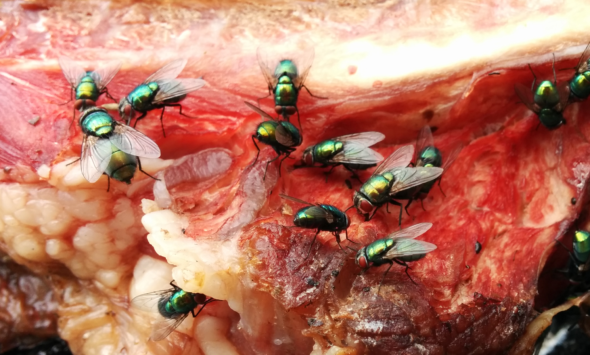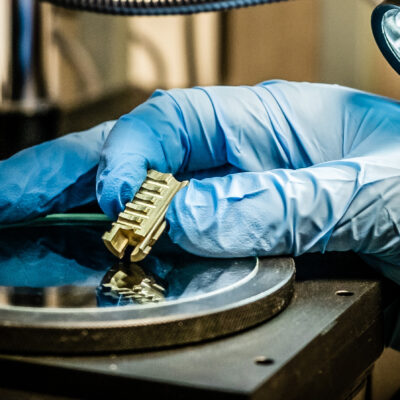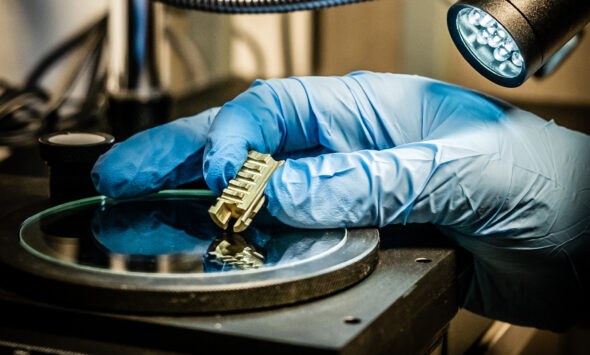From raw product to the small plastic bag of drugs sold on the street, every stage of handling increases the chances of leaving traces behind. Whether fingerprints or biological residues (DNA), such evidence is invaluable for tracing the network back to the traffickers.
DNA — a key tool in criminal investigations
Depuis quelques années, l’analyse de l’ADN est devenue un outil incontournable pour élucider les Over the past few years, DNA analysis has become an essential tool in solving criminal cases, including long-unsolved cold cases. In a recent study conducted at Flinders University, the research team led by forensic science PhD candidate Madison Nolan and Professor Adrian Linacre proposes to push the boundaries of suspect identification in drug trafficking cases through advanced genetic profiling.
Packaging as a source of evidence
Before reaching the streets, drugs are transformed and packaged in various types of containers — which can become a goldmine of information for forensic investigators. However, repeated handling and exposure to environmental factors can degrade DNA, sometimes rendering it unusable. To support forensic work, the Flinders team focused on identifying the areas of drug packaging most likely to retain exploitable biological traces.
Better DNA transfer within the packaging
According to the study’s findings, DNA presence was particularly significant on capsules containing powdered substances and on the inner surfaces of “Ziploc”-type bags used to store them, especially along the interior edges of the seal. Even brief contact—around 30 seconds—was enough to leave detectable amounts of DNA. Because these traces are located inside the packaging, the risk of external contamination is considerably reduced.
New perspectives for forensic investigations
For forensic police, this research offers new insights for optimizing sampling during drug seizures. By focusing primarily on the outer surfaces of capsules and the inner surfaces of plastic bags, investigators can obtain higher-quality genetic profiles—provided that collection procedures are followed meticulously to avoid any contamination. Nevertheless, as the researchers caution, DNA recovered from seized materials may already be degraded by previous handling or transport conditions, which can limit its reliability.
Sources :
https://www.sciencedirect.com/science/article/pii/S1872497324001789 https://news.flinders.edu.au/blog/2025/02/03/dna-study-targets-drug-making/
Tous droits réservés - © 2026 Forenseek
